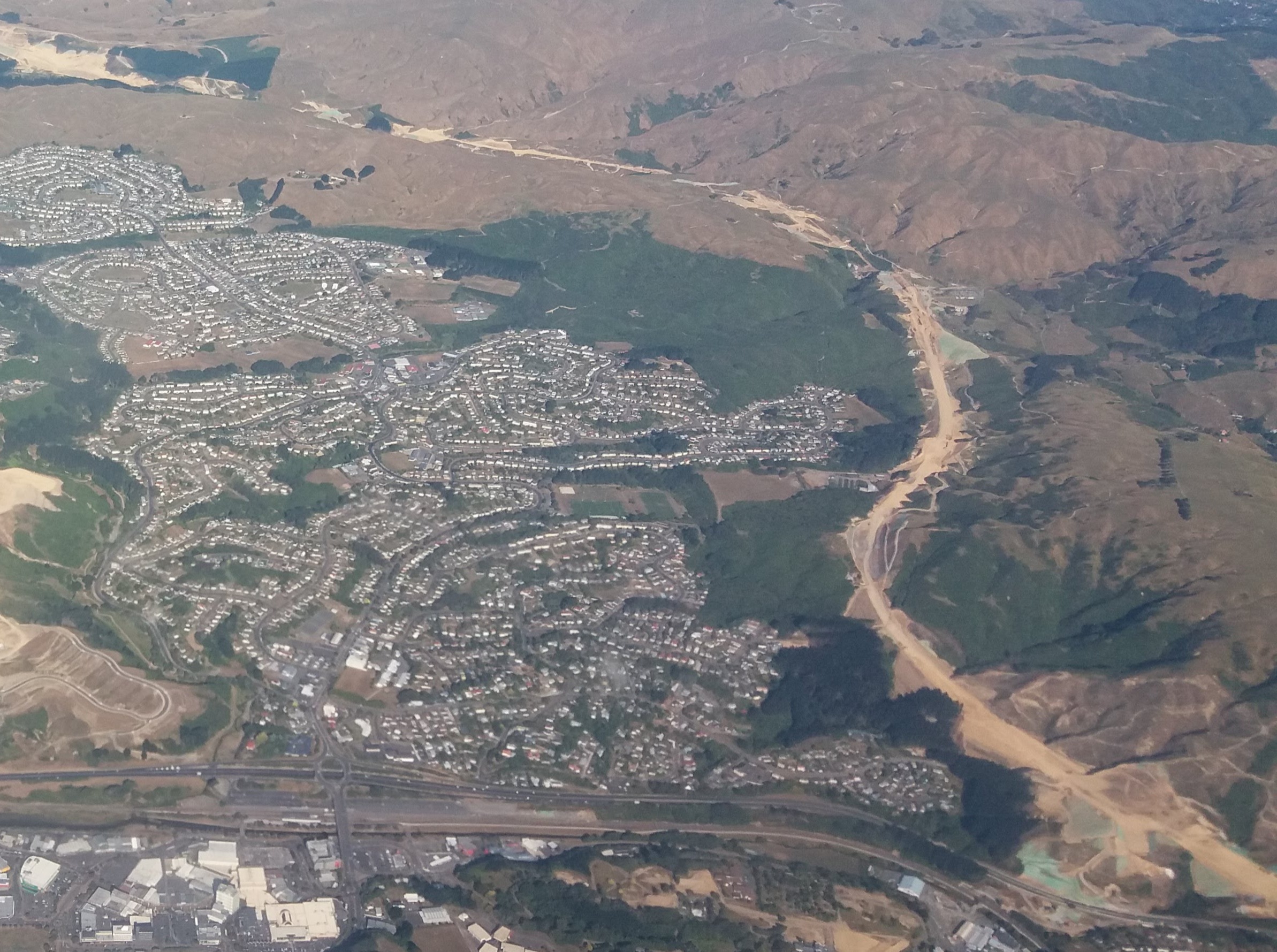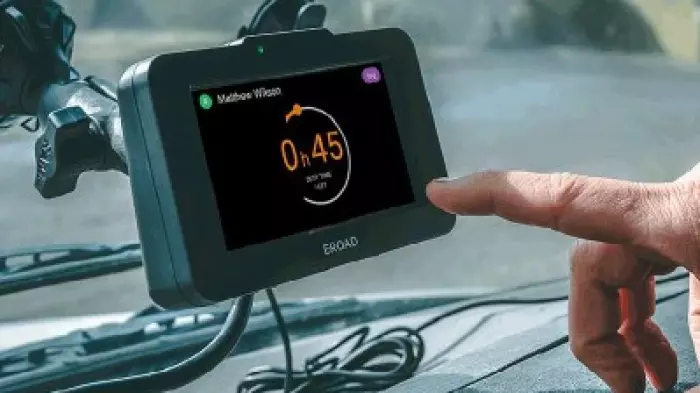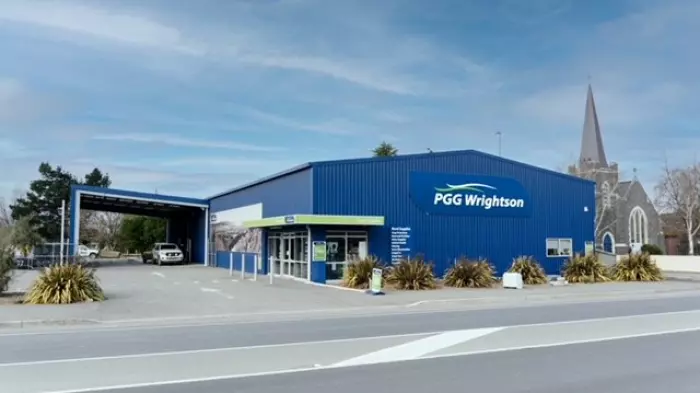The government had an opportunity to bailout all Kiwis and instead chose to selectively bailout some businesses.
Overall, I don’t see any real bravery in this Budget.
Money is being spent to keep the economy on ice, but it won’t stop the ice from melting. It’s trying to return New Zealand to how we were pre-COVID, but unfortunately, that’s just not possible and this was an opportunity to reshape our economy in a fairer, more sustainable way.
A bouquet
On a positive note, my favourite part of the Budget was the long overdue investment in trades. Aside from that, I don’t see much that will shift the dial to make New Zealanders more productive: working smarter rather than harder.
A brickbat
The big surprise for me was the lack of a Universal Basic Income (UBI), even in the emergency form, a one-off helicopter cash payment. Grant Robertson said the idea was being considered, it worked in Australia during the global financial crisis and it seems overwhelmingly popular amongst the public.
Instead the government chose to play it safe, for now at least.
For the price of the continued wage subsidy, all New Zealand adults aged 18-to-65 could have been given $1000. That sort of 'covid UBI' would make a massive difference to those hit hardest by the covid-19 crisis.
That includes casual workers and students who missed out on the wage subsidy. For some people it could have helped pay rent, buy food, or shoes for the kids. Those that aren’t on Struggle Street could have been encouraged to spend the money in our ailing tourism and hospitality sectors.
Time for a UBI
TOP is pushing for a transformation of our tax and welfare system - a UBI of $250 per week for all adults and a flat tax of 33 percent. This would give all Kiwis a cash boost and make our tax and welfare system modern, simple and fair.
It would also offer some income certainty for people without having to go begging to WINZ. This is what people need right now to keep spending, start businesses and retrain.
Alas it was not to be, not even a temporary UBI. The government is still choosing to bail out businesses and not people.
This lack of bravery resounds through the rest of the Budget.
Shadow of KiwiBuild
It was good to see the Government seizing the opportunity to build 8,000 more state homes. However, clearly their willingness to aim high has been burned by their experience with KiwiBuild.
The 8,000 state homes over four years pales in comparison to the 10,000 per year they promised with KiwiBuild.
The government is reluctant to re-enter the affordable rental and first home market. This is a shame.
Private sector building dried up during the global financial crisis and looks likely to do so again now.
KiwiBuild failed because affordable housing requires affordable land prices. That shouldn’t be a problem now.
Of course, with a waiting list of over 14,000 for state houses there will be no shortage of demand for these 8,000 new homes. Let’s hope the waiting list isn’t even longer by the time they all get built.
Where's the youth dividend?
During the lockdown, younger generations made a huge sacrifice to safeguard our eldest and most vulnerable citizens. They will also have to shoulder the debt we are taking on now. You have to ask, where is the payback? What is being done about the big issues future generations face?
Climate change got barely a mention. The best hope for house prices to come down is if the market gets flooded by ex-Air BnB stock.
This Budget provided an opportunity to deal with both climate change and house prices by enabling a boost in high-quality inner city living. This requires greater investment in water infrastructure, public and active transport.
Infrastructure funding
The real barrier to this happening is local government funding. Councils have almost 40 percent of the country’s infrastructure, but only 7 percent of the funding.
Again there was no sign of real change there.
Infrastructure is much more than road or rail, and extends to all the utilities associated with urban living - water, electricity, internet access, and environmental infrastructure.
I hoped to see some sort of plan to identify infrastructure projects with the best returns for our economy, society and environment.
There isn’t one.
WTF moments
Much like the The Wellbeing Budget, this one also produced a few WTF moments. Racing got a bigger bailout package than students or SMEs. The return on investment for NZ First’s donors might even be better than Zoom shares.
The list goes on. The common theme in all these things is that the Government is doing enough to hold things together until the election.
But where is the long term thinking?
Where is the vision for building the country back better?
Are we aiming to just scrape through the crisis or be “anti-fragile”: emerging stronger than ever before?










